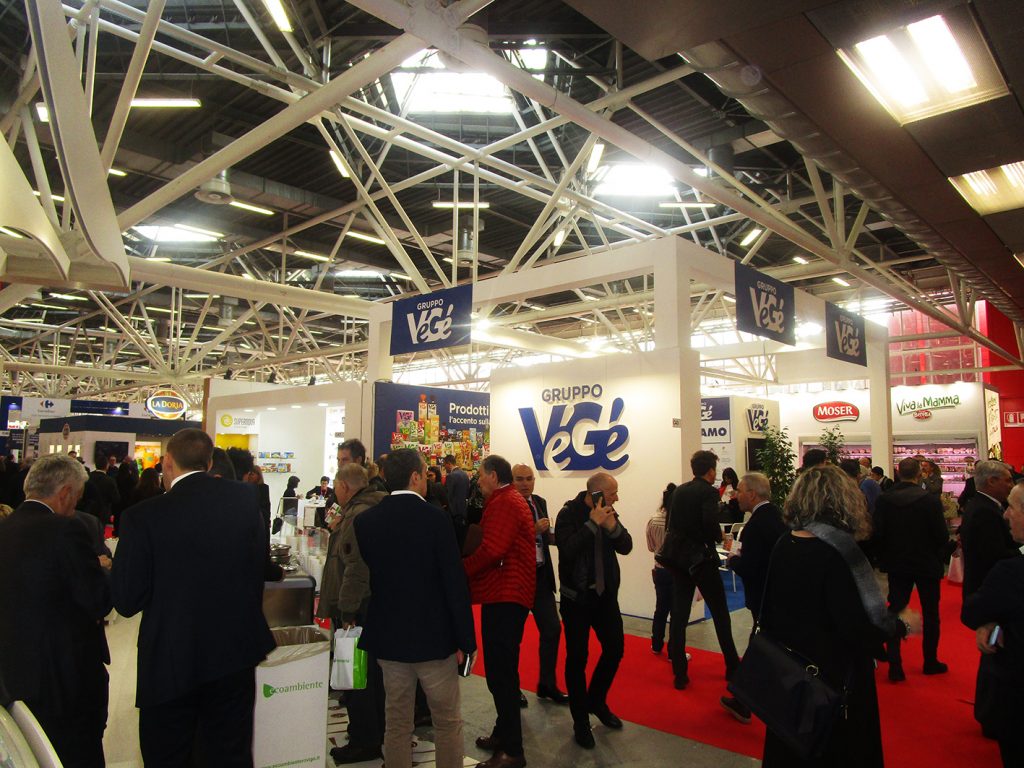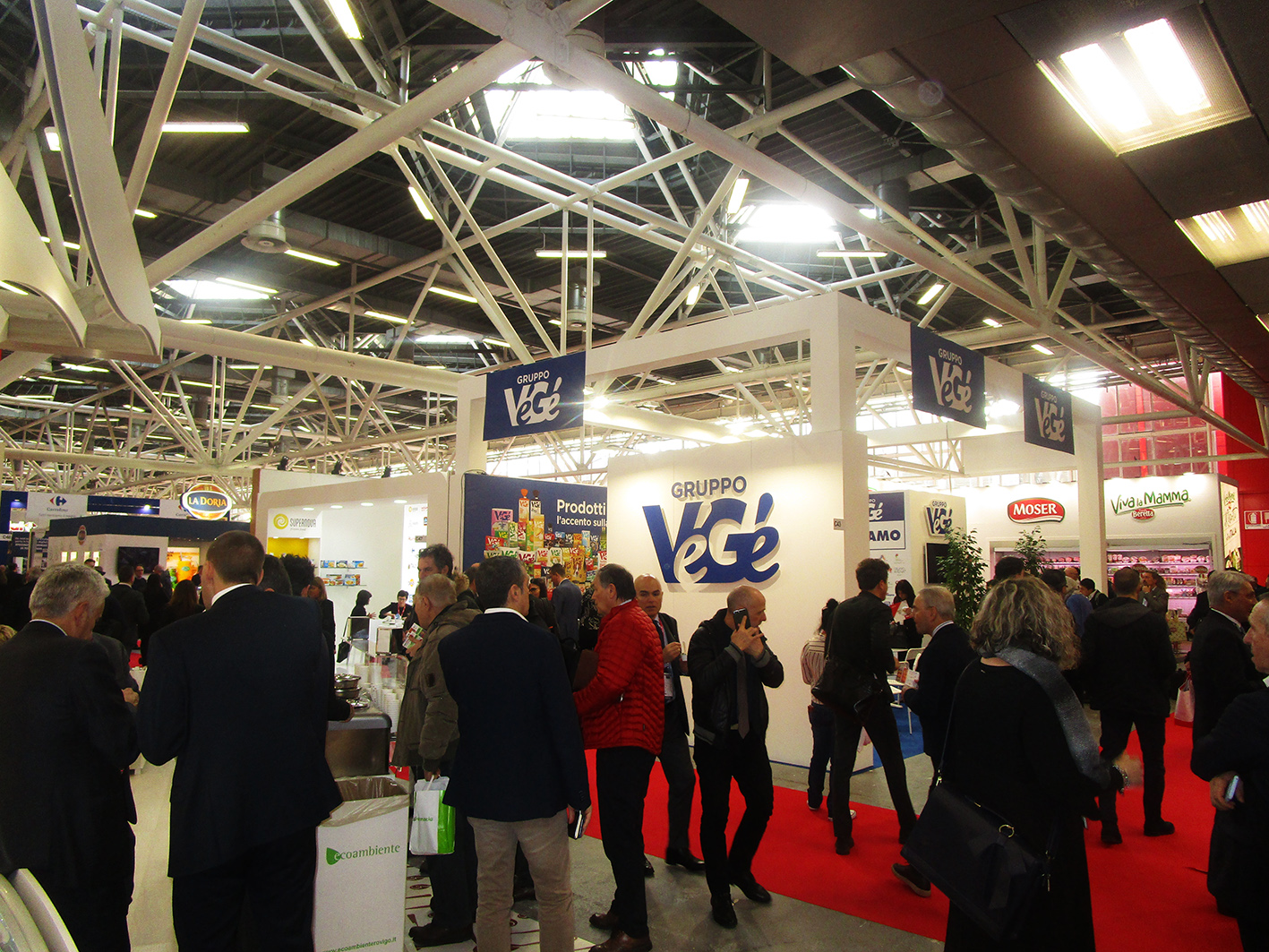Italian retail promises greater sustainability
More sustainability is the watchword of Italian supermarkets for now and for the years to come: this is what emerged from the 2020 edition of Marca, the private label product show held in Bologna on 15th and 16th January. This greater sustainability must be translated not only into more eco-friendly packaging, but also into short supply chains, circular economies, low environmental impact solutions, fair trade policies that protect the environment and workers, and transparent communication. All of the individual activities pursue a common purpose.
When offered more sustainable alternatives, 61% of Italian consumers are willing to change their purchasing habits, even if it requires a radical shift. Meanwhile, 24% believe that a purchase can be defined as sustainable if it guarantees a fair income to the producer, and 88% judge a company sustainable if it is able to provide information transparently. These are the findings of a study by SG Marketing. Thus, the trend of sustainability in Italian retail is following in the tracks left by other European countries some time ago. Terms like “plastic free”, “adaptive intelligence” and “fooby” (derived from blending “food” and “beauty”) are very much on the agenda and starting to take root in Italy, too.
What does “sustainable” mean to Italians?
When asked what makes a supermarket’s products more sustainable, 8.5% of Italian consumers stated that it means being based on local products; for 8.4%, it involves providing eco-friendly packaging; for 7.7%, it means offering typical products; for 6.9%, it means the products have a reduced environmental impact; for 6.8%, it means the products come from fair trade chains that respect workers and the environment; for 6.4%, it means the offer comes from ethical chains; for 6.3%, it relates to zero-residue products; for 6.2%, products are sustainable if their sale helps to finance development programmes; for 5.7%, it means organic products; for 5.6%, it means the products come from disadvantaged areas; and for 5.5%, it means the products are offered in packaging that increases shelf life, according to SG Marketing data.
In a situation where purchases of fruit and vegetables account for almost 30% of the basket of fresh products, various best practices are taking hold in the major Italian chains. These range from the elimination of unnecessary packaging to the adoption of packaging that is either made of recycled materials or is 100% recyclable. Other initiatives involve incentivising bulk purchases, reintroducing weighing assistants, and adopting dried fruit and legume dispensers. Similarly, greater attention is being paid to local and short-chain products or seasonality to reduce CO₂ emissions. Moreover, dedicated organic and/or fair trade islands are being created in stores, and reusable packaging brought from home is being encouraged.
Italian retail guidelines
The data released at Marca reveals that out of the 17 Italian retail brands investigated with regard to their fruit and vegetables, 12% already offer zero-residue products, while 59% intend to do so in the future. Similarly, 18% offer products from ethical chains and 53% intend to do so in the future. The corresponding proportions of brands that offer products with a longer shelf life are 18% and 47% respectively, while for fair trade products the share is 24% and 47%. The relative shares of brands offering products with a low environmental impact are 29% now and 47% in the future, while for products with an eco-friendly packaging the figures are 65% and 35%, for resistant varieties, they are 12% and 35%, for products from disadvantaged areas, they are 41% and 21%, and the percentage of brands offering a greater assortment of typical products are 87% now and 6% intending to do so. All of these numbers demonstrate how Italian retailers still have a long way to go to develop sustainability in their offer of fresh fruit and vegetables.




